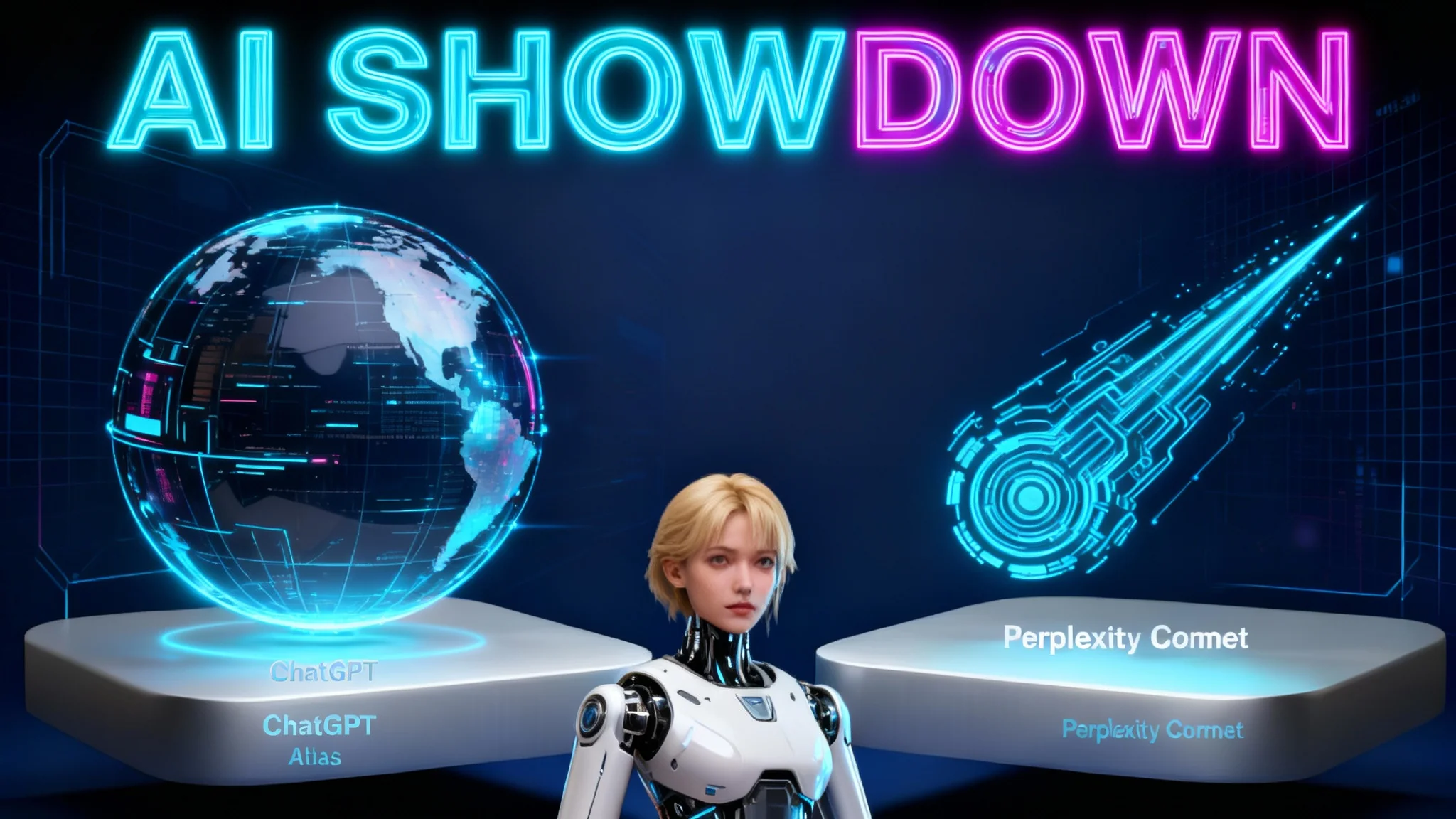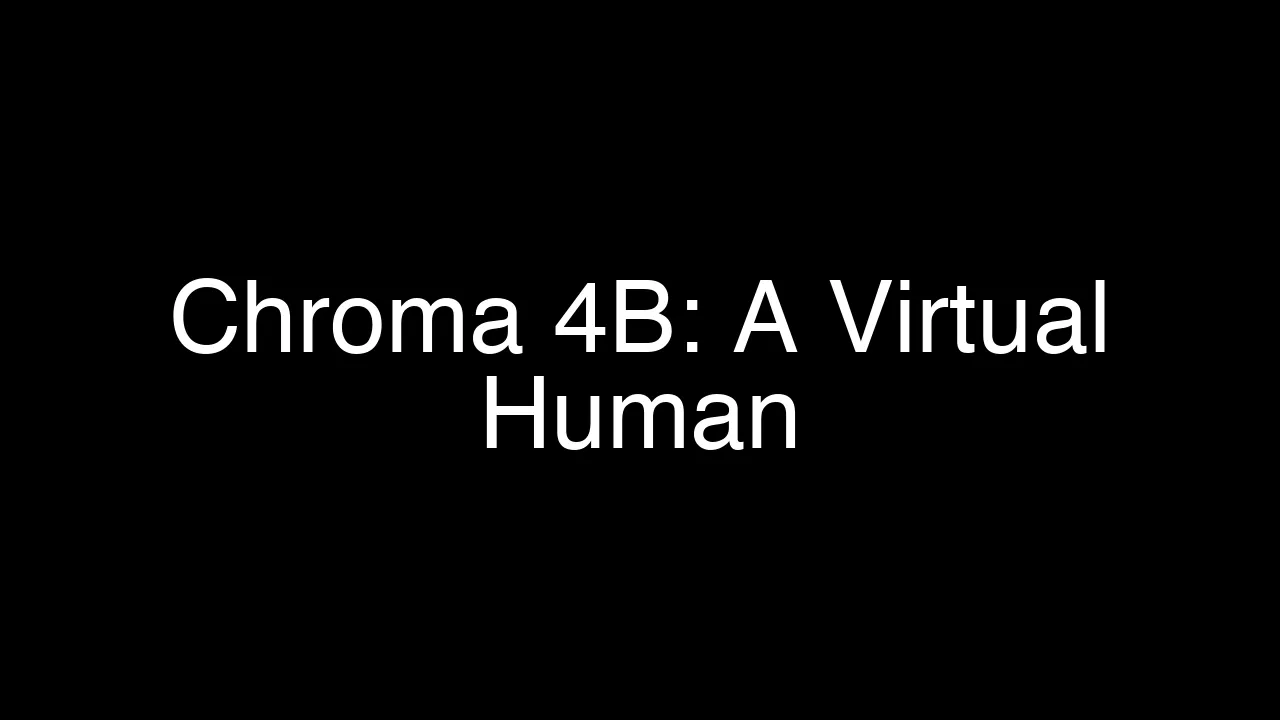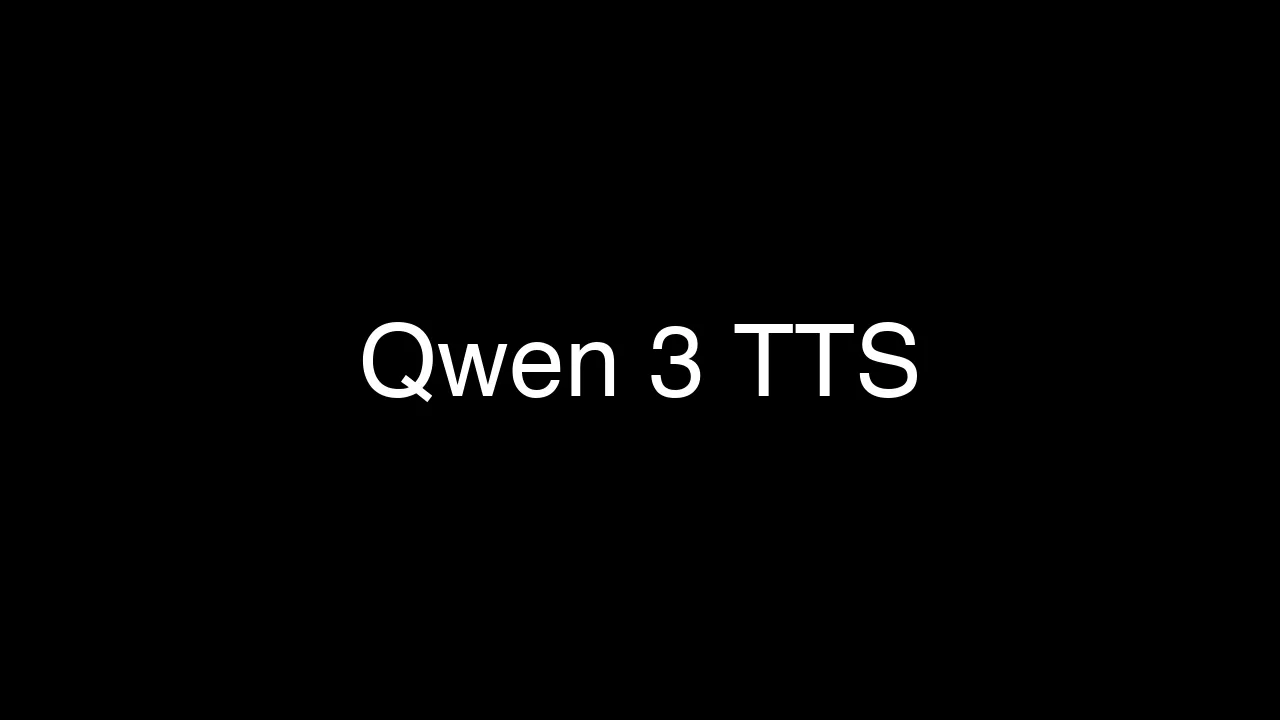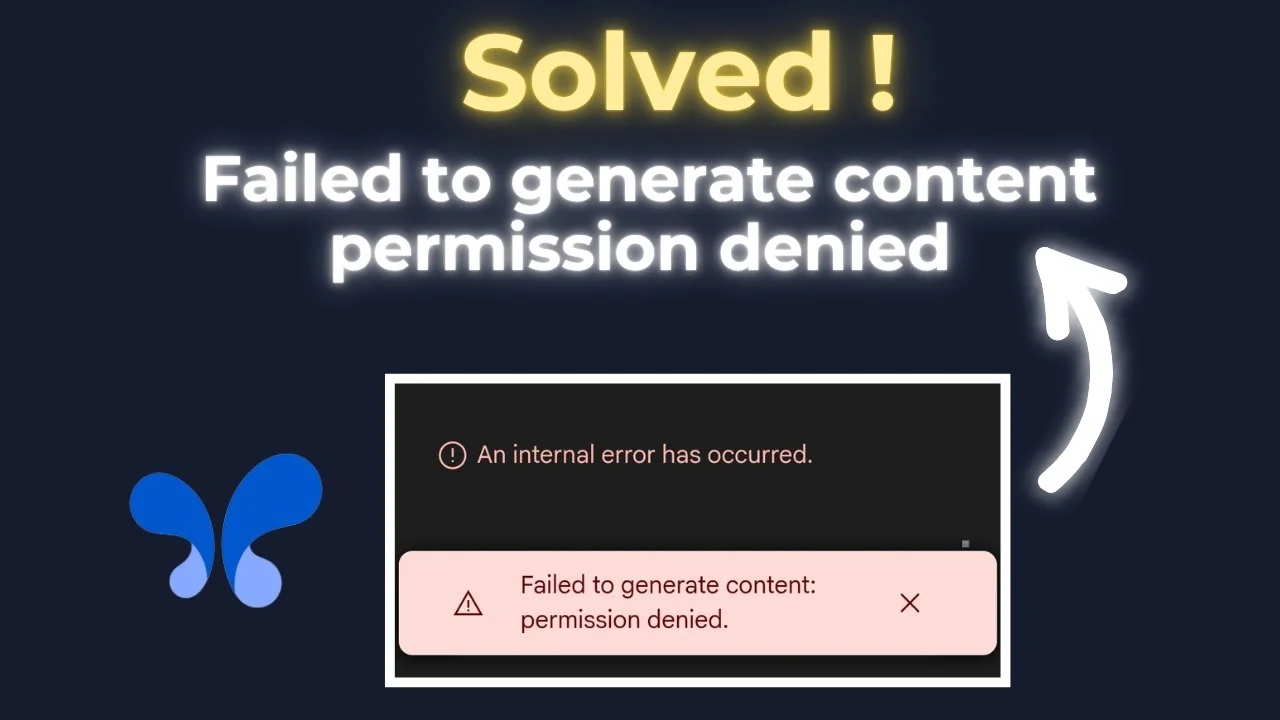Table Of Content
- ChatGPT Atlas vs Perplexity Comet: Which One Actually Works?
- Quick Comparison of ChatGPT Atlas vs Perplexity Comet
- Individual Tool Analysis
- ChatGPT Atlas
- Access and usage
- Perplexity Comet
- Access and usage
- Head-to-Head Comparison
- Speed and responsiveness
- Source quality and accuracy
- Search controls and depth
- Integration and workflow
- Citations and transparency
- Interface and navigation
- Updates and file search
- Mobile performance
- Pros and Cons
- ChatGPT Atlas
- Perplexity Comet
- Use Cases
- Use ChatGPT Atlas when
- Use Perplexity Comet when
- Use both together
- Pricing Comparison
- Final Verdict

ChatGPT Atlas vs Perplexity Comet: Our Test Winner
Table Of Content
- ChatGPT Atlas vs Perplexity Comet: Which One Actually Works?
- Quick Comparison of ChatGPT Atlas vs Perplexity Comet
- Individual Tool Analysis
- ChatGPT Atlas
- Access and usage
- Perplexity Comet
- Access and usage
- Head-to-Head Comparison
- Speed and responsiveness
- Source quality and accuracy
- Search controls and depth
- Integration and workflow
- Citations and transparency
- Interface and navigation
- Updates and file search
- Mobile performance
- Pros and Cons
- ChatGPT Atlas
- Perplexity Comet
- Use Cases
- Use ChatGPT Atlas when
- Use Perplexity Comet when
- Use both together
- Pricing Comparison
- Final Verdict
ChatGPT Atlas vs Perplexity Comet: Which One Actually Works?
I tested ChatGPT Atlas and Perplexity Comet for hours to answer a simple question: which tool should you trust for real-time search and research? Both promise quick, sourced answers from the web. Only one delivers consistently in speed, accuracy, and control. Below, I share what each does well, where each falls short, and exactly when to use them—based on hands-on testing, not hype.
Quick Comparison of ChatGPT Atlas vs Perplexity Comet
| Category | ChatGPT Atlas | Perplexity Comet |
|---|---|---|
| Core Purpose | Real-time web search inside ChatGPT | Purpose-built search and research model |
| Speed | Slow (often 10–15 seconds) | Fast (about 3–5 seconds) |
| Accuracy | Mixed; can miss details | Strong; more complete and current |
| Source Quality | Sometimes pulls less relevant links | Consistently better, more relevant sources |
| Citations | Sources listed at the bottom | Clear, clickable citations tied to facts |
| Search Controls | No focus modes | Focus modes: Academic, Reddit, News |
| Integration | Built into ChatGPT chat | Separate app/site; can copy results to ChatGPT |
| Workflow Fit | Best for quick checks mid-chat | Best for deep research from scratch |
| Updates | No major updates since launch (per testing) | Frequent updates; can search uploaded PDFs |
| Mobile Performance | Slow; sometimes times out | Fast and reliable |
| Pricing | Included in ChatGPT Plus/Pro ($20/month) | Perplexity Pro ($20/month); free tier available |
| Usage Limits | ChatGPT Plus limits GPT-4/Atlas usage | Pro gives unlimited Comet searches |
| Best For | Staying inside ChatGPT to check facts | Research speed, control, and depth |
Individual Tool Analysis
ChatGPT Atlas
ChatGPT Atlas is a built-in search feature inside ChatGPT that can pull fresh web data into a chat. It returns sources and formats the answer in a clean summary. The convenience is clear: you can search and continue writing, coding, or planning within the same conversation.
In testing, the convenience comes with a tradeoff: speed and precision. Atlas often took 10 to 15 seconds to deliver basic answers. Some sources felt loosely connected to the query, and critical details could be missing. If you live in ChatGPT and need a quick reference without leaving your workflow, Atlas is comfortable—just expect slower outputs and occasional relevance issues.
Access and usage
- Requires ChatGPT Plus or Pro; not available on the free plan.
- Ask questions as usual. If ChatGPT decides a search is needed, Atlas runs.
- To force a search, prompt with: “search the web for this.”
Perplexity Comet
Perplexity Comet is designed for search and research from the ground up. It prioritizes speed, relevant sources, and clear citations. In side-by-side tests, Comet consistently returned answers in 3 to 5 seconds, with better-organized results and more precise source selection.
A standout feature is focus modes. You can restrict results to academic papers, pull insights from Reddit and forums, or target news sites. That control produces cleaner research outputs with less noise. Comet also adds frequent updates, including the ability to search your own files by uploading PDFs—very effective for document-heavy work.
Access and usage
- Available in Perplexity’s app or website; Comet is the default model.
- Type your question and pick a focus mode (Academic, Reddit, News) before searching.
- Copy results back into ChatGPT if you want to expand, draft, or edit content there.
Head-to-Head Comparison
Speed and responsiveness
- Atlas: Frequently slow, with 10–15 seconds for basic queries during tests. The delay adds up when iterating or refining prompts mid-project.
- Comet: Consistently fast, usually 3–5 seconds. The difference is obvious when researching multiple angles or comparing sources.
Speed is the first thing you notice. Comet feels snappy. Atlas feels sluggish.
Source quality and accuracy
- Atlas: Adequate for casual checks, but can miss key points and pull less relevant links. Some answers feel incomplete without extra follow-up.
- Comet: More accurate across tricky prompts. Answers are fuller, and the source list is stronger. It consistently surfaced the most current information during testing.
For research, the quality gap matters. Comet saves time by reducing re-checks and follow-ups.
Search controls and depth
- Atlas: No focus modes. It searches broadly and tries to summarize across the open web.
- Comet: Focus modes let you target specific content types: Academic (papers), Reddit (community threads), or News (recent coverage).
That targeting is a major win for research tasks, cutting noise and guiding you to the right source types for the job.
Integration and workflow
- Atlas: Built into ChatGPT. If you’re already writing, coding, or planning in ChatGPT, you can pull in data without changing tools.
- Comet: Separate product. It requires switching to Perplexity, then copying text back into ChatGPT if you want to turn research into drafts or outlines.
Atlas is more convenient mid-chat. Comet is better for research depth. Many users will benefit from using both in sequence: research with Comet, then compose and refine in ChatGPT.
Citations and transparency
- Atlas: Lists sources at the bottom. It’s not always obvious which sentence came from which link.
- Comet: Citations are mapped to specific parts of the answer. You can click through and verify claims quickly.
When accuracy matters, Comet’s citation approach speeds up verification and builds confidence in the output.
Interface and navigation
- Atlas: The standard ChatGPT conversation view. Simple and familiar if you’re a daily user.
- Comet: A research-first layout. Your question appears at the top, with related questions on the side and sources grouped under the answer.
Comet’s layout makes it easier to go deeper, review sources, and branch into follow-up queries without losing context.
Updates and file search
- Atlas: No major updates observed since launch during testing.
- Comet: Frequent improvements, plus the ability to search your own files by uploading PDFs.
If you handle research documents, the file search feature is a practical advantage.
Mobile performance
- Atlas: Slow on mobile; sometimes times out.
- Comet: Fast and responsive. Loads in seconds and remains stable.
For on-the-go research, Comet is the clear winner.
Pros and Cons
ChatGPT Atlas
Pros:
- Integrated directly into ChatGPT; no app switching
- Clean summaries with sources listed
- Smooth for quick fact checks during active chats
Cons:
- Slow responses (often 10–15 seconds)
- Occasional source irrelevance and missed details
- No focus modes or fine-grained search control
- Mobile performance is poor in testing
- Limited usage under ChatGPT Plus
Perplexity Comet
Pros:
- Fast responses (about 3–5 seconds)
- Strong accuracy and current information
- Clear, clickable citations tied to statements
- Focus modes: Academic, Reddit, News
- Frequent updates, including PDF search
- Excellent mobile performance
- Unlimited searches with Pro
Cons:
- Separate app/site; requires switching if you compose in ChatGPT
- Best features sit behind the Pro plan
Use Cases
Use ChatGPT Atlas when
- You’re already working inside ChatGPT and need a quick reference.
- You want to keep everything in one chat without copying content between tools.
- Your query is simple and you value convenience over speed.
Use Perplexity Comet when
- You’re starting research from scratch and need depth and control.
- You care about speed, source quality, and clear citations.
- You want to filter results to academic papers, forums, or news.
- You research on mobile and need fast, reliable performance.
- You want to search your own PDFs as part of the process.
Use both together
- Research with Comet to collect the best sources and notes.
- Copy key findings into ChatGPT.
- Draft, outline, or brainstorm in ChatGPT based on Comet’s research.
This combined workflow pairs Comet’s research strength with ChatGPT’s writing and planning strengths.
Pricing Comparison
Both services are within the same monthly price point for full access, but limits and value differ.
| Plan | Monthly Price | What You Get |
|---|---|---|
| ChatGPT Plus/Pro | $20 | Access to ChatGPT with Atlas; usage limits apply to GPT‑4 and Atlas |
| Perplexity Pro | $20 | Unlimited Comet searches; access to Pro features (including focus modes and updates like PDF search) |
| Perplexity Free | $0 | Limited searches; fewer features and capacity |
In practice, Perplexity Pro gives more search volume for the price. ChatGPT Plus adds broader ChatGPT benefits but places caps on GPT‑4 and Atlas usage.
Final Verdict
From direct testing, Perplexity Comet is the better research tool for most people. It’s faster, more accurate, and clearer about where information comes from. Focus modes help you zero in on the right sources, and the interface encourages deeper inquiry without extra steps. Frequent updates and the ability to search PDFs add real value.
ChatGPT Atlas has one strong advantage: convenience inside ChatGPT. If you’re mid-conversation and need a quick check, staying in one place is helpful. The tradeoff is speed and control. Atlas often takes longer and can return less relevant sources, especially on harder questions.
Here’s my recommendation:
- For deep research and faster, higher-confidence answers: choose Comet.
- For quick checks while you’re already working in ChatGPT: use Atlas.
- For best results overall: use both—Comet for research, ChatGPT for composing and refining.
If you value speed, accuracy, and clear sourcing, Comet wins. If you prize staying inside ChatGPT above all else, Atlas is serviceable. For most users, the extra 10 seconds to switch to Perplexity is worth it for better research.
Related Posts

Chroma 4B: Exploring End-to-End Virtual Human Dialogue Models
Chroma 4B: Exploring End-to-End Virtual Human Dialogue Models

Qwen3-TTS: Create Custom Voices from Text Descriptions Easily
Qwen3-TTS: Create Custom Voices from Text Descriptions Easily

How to Fix Google AI Studio Failed To Generate Content Permission Denied?
How to Fix Google AI Studio Failed To Generate Content Permission Denied?

